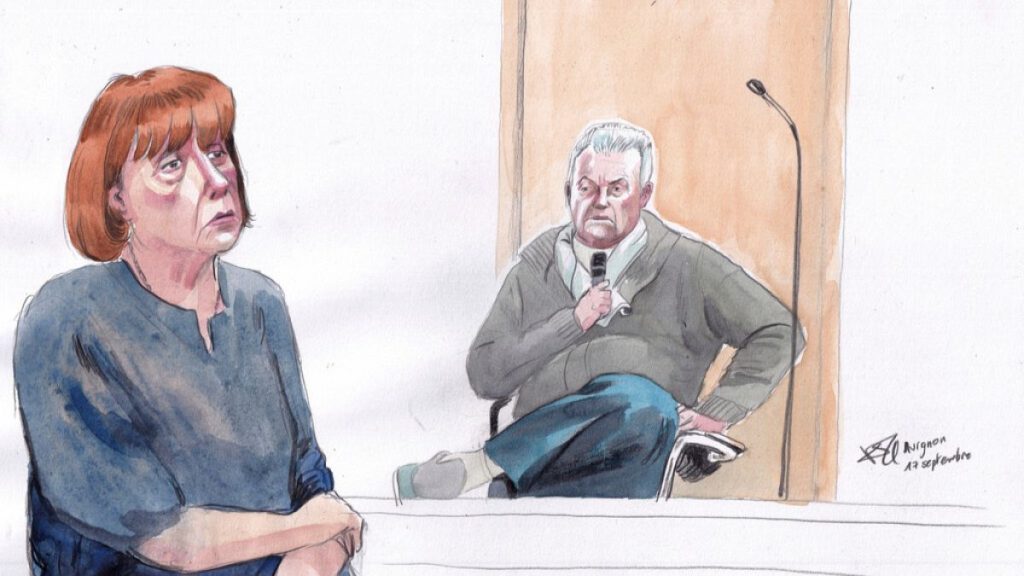Gisèle Pelicot’s ex-husband, Dominique Pelicot, declined to appeal his 20-year prison sentence for drugging and raping her, as well as allowing dozens of other men to also rape her while she was unconscious. The case, which shocked France and garnered international attention, involved recordings of the actions taken by Dominique and the other men involved. He expressed a desire to spare his ex-wife the ordeal of another trial and believes the judicial chapter should be considered closed. The court found him guilty of rape and all other charges, sentencing him to the maximum possible 20 years in prison. He will not be eligible for early release until serving at least two-thirds of his sentence.
Gisèle Pelicot, now 72, testified during the trial that she believes she was raped over 200 times between 2011 and 2020 by her then-husband and other men invited to their home while she was drugged. She only became aware of the rapes after her ex-husband was caught filming female shoppers in a supermarket with scores of homemade videos of the abuse discovered by detectives. The trial also implicated 50 other men found guilty of various charges, with sentences ranging from three to 15 years’ imprisonment. It has sparked a nationwide conversation in France about rape culture and prompted a call for tighter rape laws, including the introduction of a concept of “consent” which is currently absent in French law.
The trial received significant media attention in France and globally, with Gisèle Pelicot choosing to waive her right to a closed trial and becoming an international figurehead for women’s rights. She pushed for her ordeal to be made public to shift the shame from survivors to perpetrators, even allowing the shocking evidence of the homemade videos to be admitted in court. This openness led to a public reckoning about rape culture in France and a renewed focus on the treatment of rape cases by the legal system. The case has drawn attention to the high rate of dropped rape cases in France, with 94% of reported cases resulting in no action being taken.
Despite his prison sentence, Dominique Pelicot is facing potential trials in two other cases. He could be tried for an attempted rape in Seine-et-Marne in 1999 and for the rape and subsequent murder of a 23-year-old estate agent in Paris in 1991. The ongoing legal proceedings indicate a pattern of predatory behavior that spans decades, shedding light on the importance of detecting and addressing sexual violence early on to prevent future harm. The continued legal action against Dominique Pelicot highlights the need for justice in cases of sexual assault and the impact on survivors who come forward to seek accountability for their abusers.















